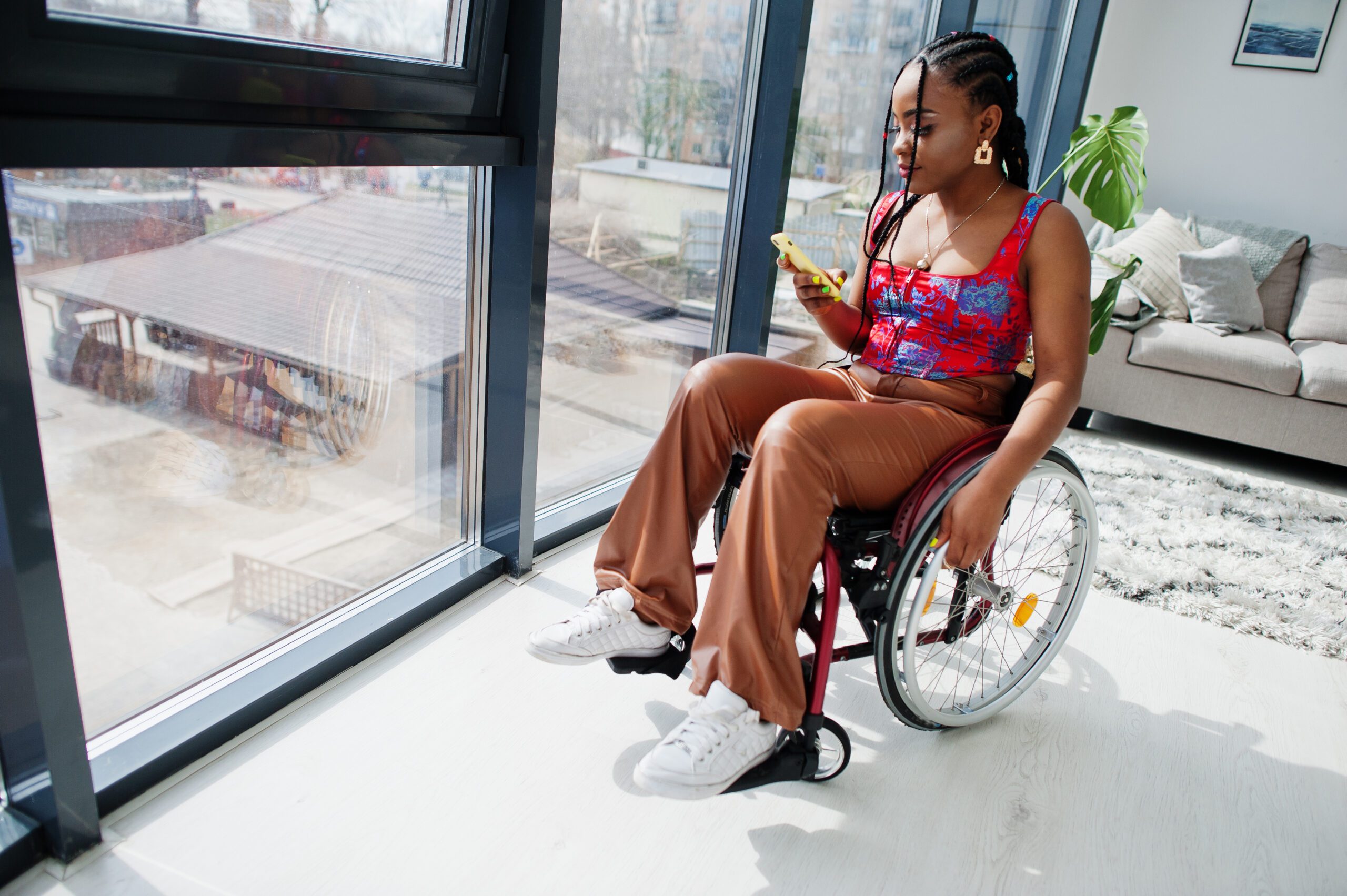How to Handle School-Related Injuries and Liability in Florida

School should be a safe environment for children, but accidents can and do happen. From playground mishaps to classroom incidents, understanding how to handle school-related injuries and liability in Florida is crucial for parents and guardians. Here’s a straightforward guide to navigating these situations.
Common Causes of School-Related Injuries
School-related injuries can occur in various settings and situations, including:
- Playground Accidents: Falls from equipment, trips on uneven surfaces, and collisions with other children.
- Sports Injuries: Injuries during physical education classes or school sports activities.
- Classroom Incidents: Accidents involving furniture, equipment, or other students.
- Bullying: Physical harm resulting from bullying or fights.
Immediate Steps to Take
If your child is injured at school, follow these immediate steps to ensure their safety and start the process of addressing any potential liability:
- Seek Medical Attention: Ensure your child receives prompt medical care, even if the injury seems minor. This helps in treating any immediate issues and provides documentation of the injury.
- Report the Incident: Notify school officials about the injury as soon as possible. Request that an incident report be filed, and obtain a copy for your records.
- Document Everything: Take detailed notes about the incident, including the time, location, circumstances, and any witnesses. Collect any available evidence, such as photographs of the scene or your child’s injuries.
Understanding School Liability
Schools have a legal and ethical responsibility to ensure a safe and secure environment for their students. When a child is injured as a result of the school’s negligence or its failure to fulfill this responsibility, the school could be held accountable for the harm. It’s important to understand the key factors that determine liability in these situations:
- Duty of Care: Schools are responsible for maintaining safe facilities, providing adequate supervision, and implementing policies to protect students.
- Breach of Duty: If the school fails to meet its duty of care, such as not maintaining playground equipment or insufficiently supervising students, it may be considered negligent.
- Causation and Damages: It must be shown that the school’s negligence directly caused the injury and resulted in damages, such as medical expenses or pain and suffering.
Steps to Pursue a Claim
If you believe your child’s injury resulted from the school’s negligence, consider taking the following steps:
- Consult an Attorney: Contact a personal injury attorney with experience in school-related injury cases. They can provide guidance on the viability of your claim and the legal process.
- File a Claim: Your attorney will help you file a claim against the school or the responsible party. This involves gathering evidence, negotiating with insurance companies, and potentially pursuing a lawsuit if necessary.
- Understand Immunity Laws: Florida has specific laws regarding governmental immunity, which can affect claims against public schools. An experienced attorney can navigate these complexities.
Prevention Tips for Parents
While not all accidents can be prevented, parents can take proactive steps to help reduce the risk of school-related injuries:
- Communicate with the School: Stay informed about the school’s safety policies and procedures. Attend meetings and voice any concerns.
- Teach Safety Practices: Educate your child about safety rules, such as proper playground behavior and the importance of following school guidelines.
- Encourage Reporting: Encourage your child to report any unsafe conditions or bullying to a trusted adult at school.
Conclusion
Handling school-related injuries and understanding liability in Florida involves immediate action, thorough documentation, and potentially seeking legal guidance. Schools have a responsibility to keep students safe, and when they fail, parents have the right to pursue compensation for their child’s injuries. By staying informed and proactive, you can better protect your child’s well-being and ensure they receive the care and justice they deserve.